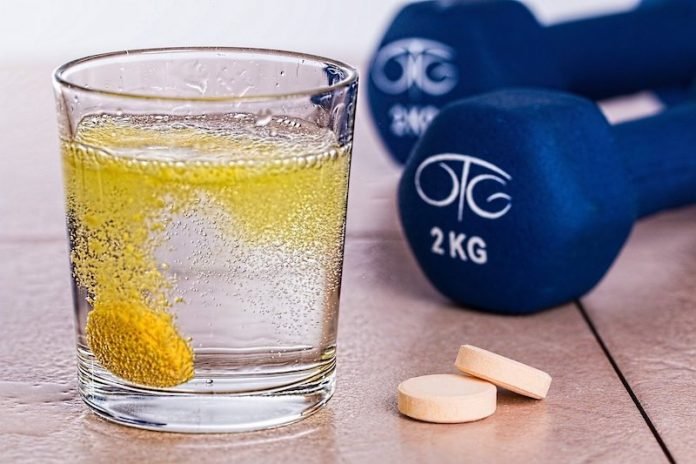
As people age, they lose skeletal muscle mass and strength.
People over 50 lose up to 1% of their skeletal muscle mass each year, and this loss is thought to affect more than 50 million people worldwide.
It’s a big problem because it can lead to frailty and other poor outcomes such as sarcopenia, physical disability, type-2 diabetes, reduced quality of life, and death.
In a recent study at the University of East Anglia, researchers found vitamin C could be the key to better muscles in later life.
They found that older people who eat plenty of vitamin C—commonly found in citrus fruits, berries, and vegetables—have the best skeletal muscle mass.
This is important because people tend to lose skeletal muscle mass as they get older—leading to sarcopenia (a condition characterized by loss of skeletal muscle mass and function), frailty, and reduced quality of life.
The study is published in the Journal of Nutrition. One author is Prof Ailsa Welch from UEA’s Norwich Medical School.
Previous research had shown that vitamin C consumption is linked to skeletal muscle mass. It helps defend the cells and tissues that make up the body from potentially harmful free radical substances.
Unopposed these free radicals can contribute to the destruction of muscle, thus speeding up age-related decline.
But until now, few studies have tested the importance of Vitamin C intake for older people.
In the study, the team wanted to find out whether people eating more Vitamin C had more muscle mass than other people.
They used data from more than 13,000 people aged between 42-82 years.
They calculated their skeletal muscle mass and analyzed their vitamin C intakes from a seven-day food diary. They also examined the amount of vitamin C in their blood.
The team found that people with the highest amounts of vitamin C in their diet or blood had the greatest estimated skeletal muscle mass, compared to those with the lowest amounts.
The findings suggest that dietary vitamin C is important for muscle health in older men and women and may be useful for preventing age-related muscle loss.
This is particularly important as Vitamin C is readily available in fruits and vegetables, or supplements, so improving the intake of this vitamin is relatively straightforward.
The team says they are not talking about people needing mega-doses. Eating citrus fruit, such as orange, each day, and having a vegetable side to a meal will be sufficient for most people.
Copyright © 2020 Knowridge Science Report. All rights reserved.



